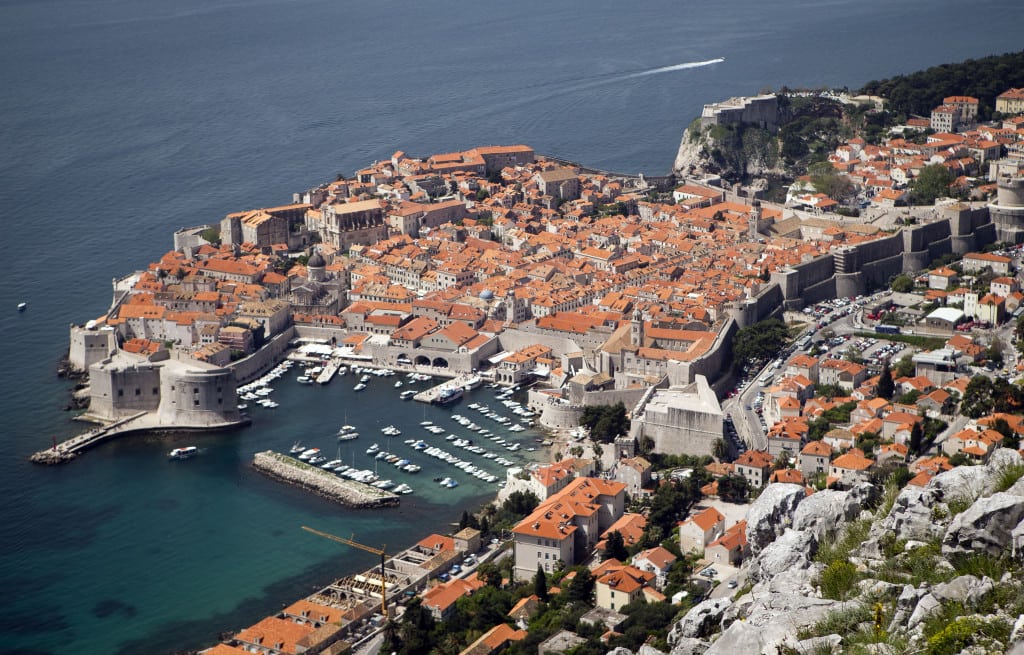Skift Take
Croatia's entry into the EU isn't perfect, but it will make tourism and transport easier, which can be a quick source of investment from abroad.
May 3 (Bloomberg) — The recession in Croatia, which will join the European Union in July, will continue this year as private consumption and investment fall before returning to modest growth in 2014, the European Commission said.
Gross domestic product will contract 1 percent in 2013 as domestic demand continues to decline, while net exports will provide “limited support’ to growth of 0.2 percent in 2014, the European Union’s executive arm said in its spring economic forecast published today in Brussels.
The Adriatic nation is struggling to emerge from a renewed recession as 2012 foreign direct investment shrank to a fifth of the $4.2 billion in 2008 because of Europe’s sovereign debt crisis. The former Yugoslav republic stands to receive 10 billion euros ($13 billion) in EU funds through 2020, which the government plans to channel into infrastructure and tourism.
‘‘While EU entry may be expected to provide support for the economy, in the very short term, the cross-currents currently buffeting the economy will remain a major drag on growth,” the commission said. The risks are “mainly tilted to the downside.”
“Tight financial conditions may weigh more heavily than expected on investment,” it said. “In addition, in the wake of EU accession, Croatian firms may feel heightened competitive pressures from firms elsewhere in the EU.”
Editors: James M. Gomez, Andrew Langley. To contact the reporter on this story: Jasmina Kuzmanovic in Zagreb at [email protected]. To contact the editor responsible for this story: James M. Gomez at [email protected]. ![]()
The Daily Newsletter
Our daily coverage of the global travel industry. Written by editors and analysts from across Skift’s brands.
Have a confidential tip for Skift? Get in touch
